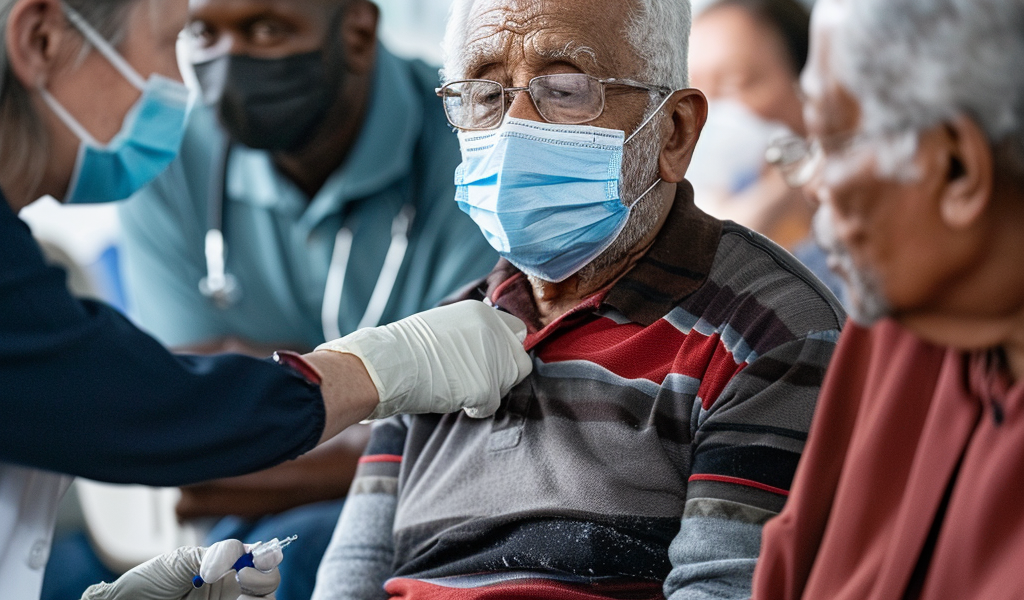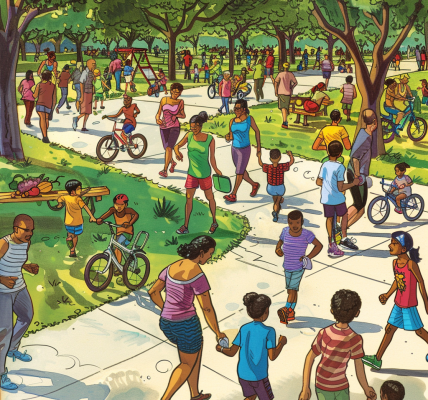A recent report by the Centers for Disease Control and Prevention (CDC) has highlighted an alarming trend regarding Guillain-Barre Syndrome (GBS) in older individuals who have received the Respiratory Syncytial Virus (RSV) vaccine. The CDC has reiterated that GBS is more common than expected in this demographic following vaccination.
Guillain-Barre Syndrome is a rare neurological disorder where the body’s immune system mistakenly attacks the peripheral nerves, leading to muscle weakness and paralysis. While the exact cause of GBS is unknown, it has been linked to certain infections and vaccinations.
The CDC’s findings have raised concerns about the potential risks associated with the RSV vaccine in older adults. The vaccine, which is designed to protect against respiratory infections caused by the RSV virus, has been associated with an increased risk of GBS in this population.
Health officials are urging healthcare providers to be vigilant in monitoring for symptoms of GBS in individuals who have received the RSV vaccine, especially in older age groups. Early detection and treatment of GBS are crucial in preventing severe complications and improving outcomes.
As more research is conducted on the link between the RSV vaccine and Guillain-Barre Syndrome, it is important for individuals to stay informed about the potential risks and benefits of vaccination. Consultation with healthcare professionals can help individuals make informed decisions about their vaccination choices based on their individual health circumstances.





